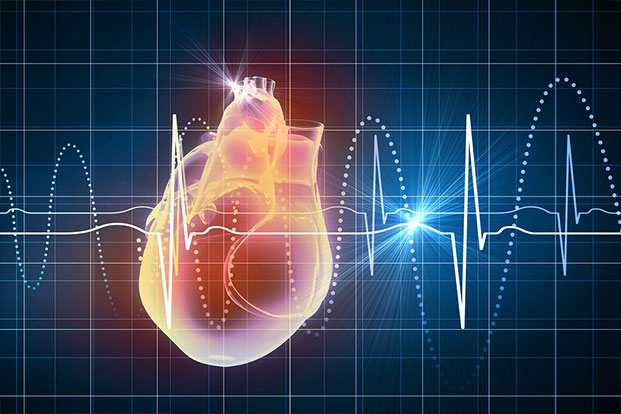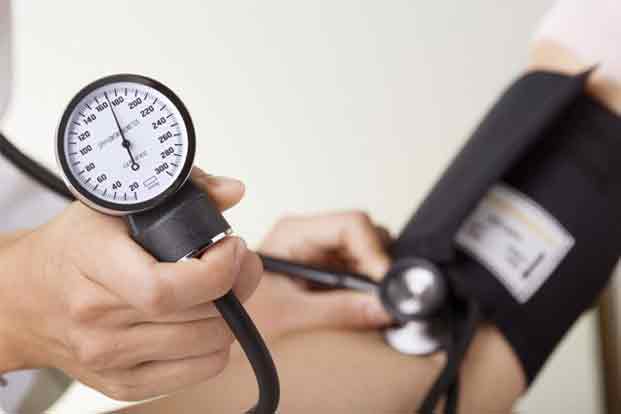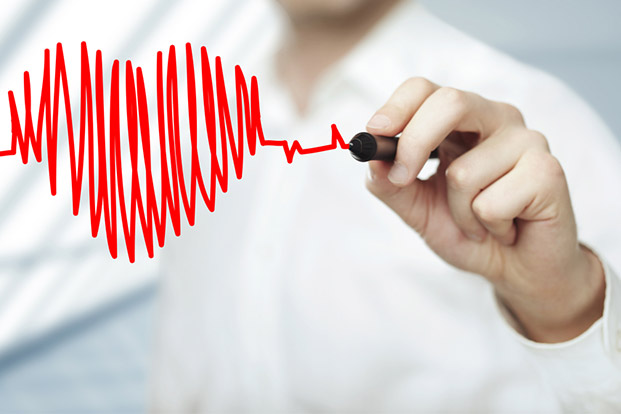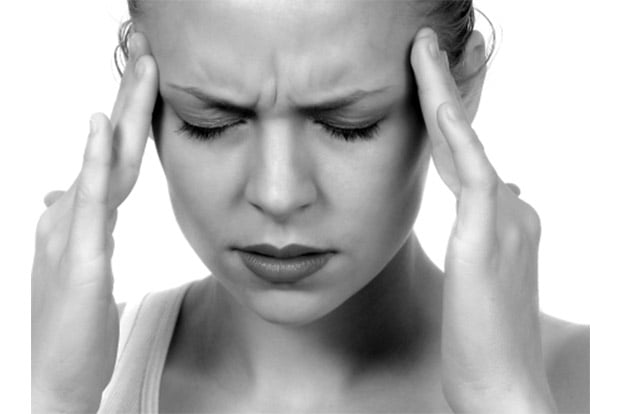Categories
- Bariatric Surgery (11)
- Black Fungus (5)
- Bone Marrow transplant (3)
- Brain Tumor Surgery Navigation Technology (20)
- Cardiac Surgery (66)
- Cardiology (97)
- Computer navigation technology for joint replacements (20)
- Covid Vaccination (17)
- Critical Care (2)
- Dental (19)
- Dermatology (31)
- Dialysis Support Group - “UTSAAH” (11)
- Dietitian (33)
- Emergency Medicine (4)
- Emotional Health (11)
- Endocrinology (33)
- ENT (20)
- Gastroenterology and GI Surgery (53)
- General and Laparoscopic Surgery (21)
- General Surgery (4)
- Gynecology & Obstetrics (183)
- Hematology (20)
- Internal Medicine (294)
- Kidney Transplant (50)
- Kidney Transplantation (20)
- Lung Cancer (8)
- Minimal Invasive Surgery (1)
- Mother & Child (20)
- mucormycosis (5)
- Nephrology (61)
- Neurology (147)
- Neurosurgery (68)
- Nutrition and Dietetics (107)
- Omicron Variant (1)
- Oncology (288)
- Ophthalmology (10)
- Orthopaedics & Joint Replacement (86)
- Paediatrics (59)
- Pediatric Nephrology (3)
- Physiotherapy (5)
- Plastic & Reconstructive Surgery (6)
- Psychiatry and Psychology (90)
- Psychologist (28)
- Pulmonology (72)
- Rheumatology (13)
- Spine Services (21)
- Transradial Angioplasty (16)
- Urology (84)
Query Form
Posted on Apr 19, 2022
What should you know about your heart rate?
Did you know that your heart rate is an important health gauge? Knowledge about your heart rate can help you monitor your fitness level and can potentially help in identifying health problems. Heart rate is the number of times the heart beats per minute. Allow yourself to relax and then put your finger over your pulse and count the number of beats in 60 seconds. Resting heart rate is best measured immediately after waking up in the morning. Maximum heart rate is the highest beats per minute your heart can achieve. Maximum heart rate does not correlate with fitness level but the amount of work you can do at your maximum heart rate relates to your fitness level.

How can I check my heart rate?
You can take your pulse on your wrist, inside your elbow, side of your neck or top of your foot. Normal heart rate varies from person to person. The resting heart rate for most individuals is usually between 60 and 100 beats per minute. If your heart rate is too low or too high, it could be your body’s way of sending out an S.O.S. to tell you that something’s not right. Very low heart rate or frequent episodes of unexplained fast heart rates signify potential health issues, especially if they cause you to feel weak or dizzy or unconscious.
What do my heart rate numbers show?
A heart rate over 100 beats per minute is known as tachycardia. Causes of tachycardia include fever, hypotension, anemia, smoking, drinking too much alcohol or caffeine, electrolyte imbalance, hyperthyroidism, extreme emotions.
A heart rate lower than 60 beats per minute is known as bradycardia. But a heart rate lower than 60 doesn’t necessarily signal a medical problem. People who are very athletic or physically active can have a resting heart rate less than 60 beats per minute, sometimes as low as 40 beats per minute. Causes of bradycardia include disease of the electrical system of heart like complete heart block, hypothyroidism, medications like beta blockers and calcium channel blockers.
Immediately consult your doctor whenever your heart rate is alarmingly high or low especially if you also feel weak or dizzy or have become unconscious.



